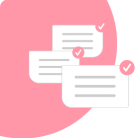Finally, you completed the job interview part. Now, you cannot wait to hear whether you are hired or not. But, this waiting time can be days, weeks, or months. The longer it takes, the more anxious you get.
So, what to do? Should you reach out to the HR or hiring manager of the company? Is it appropriate to send an email? And how long should you wait to follow up?
If you too have similar questions in your mind, then don’t worry. We are here to inform you about the action you can take while waiting for interview results.
Things You Can Do While Waiting For An Interview Outcome
Remember the organization does not share your sense of urgency. And also, along with hiring candidates they usually have other tasks to focus on.
Therefore, by knowing that the hiring decision is not in your hands, concentrate on the things that can offer a competitive advantage.
#1 Be Sensible About When To Follow Up
Even 1 week after interview no response was sent to you. Then, you can send a follow-up message.
Actually, it would be best if you ask during the final interview about how long would they anticipate it will be before the result is announced. For example, if they say a week, then send it after two weeks. What we mean is, double the time they say as there is a chance that the process might get delayed.
Also, note that checking frequently with the hiring manager to know about the results of your interview will make you seem indigent.
Hence, only send your follow-up email once to communicate that you are still interested in the position.
Say “No response is necessary. Just want to inform you that I am still interested.”
It relays that you are professional and makes you stand out from the crowd.
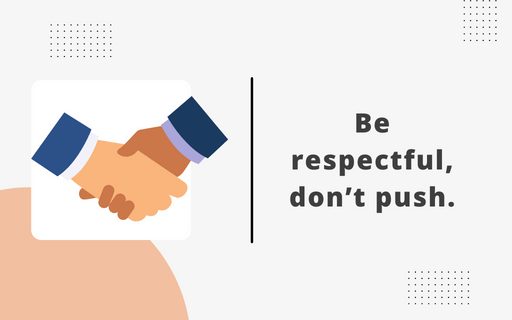
#2 Say Thank You
One of the simplest actions you can do is to thank the people who took your interview. It is best to send a personalized message containing something positive that took place during the interview. It relays that you are confident and excited about the job.
In case the interview happened at the office, you can send a classic handwritten note. If it took place virtually, then stick with digital communication. Or else, if a person at the organization arranged the interview for you, thank that person for their and the interviewer’s time and effort.
On top of that, mention the name of the person you spoke with and frame your message in view that it will be forwarded to them.
Another method is to connect with them via LinkedIn and send your thank you message there.
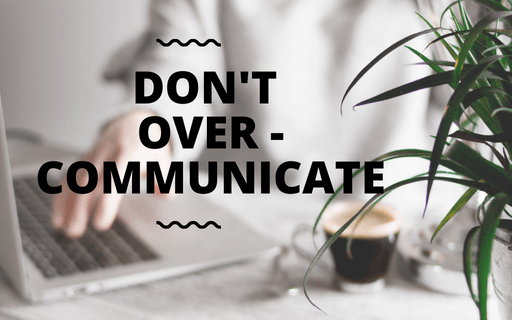
#3 Send Supporting Material
Along with a thank you message, you can send supporting materials like samples of your previous work that came up during the interview. You may also send additional information that may strengthen your case.
Along those lines, you can talk about the organization’s recent achievements or the problems they are facing, or any other relevant trends.
By doing so, you communicate that you understand the company’s mission and needs.
#4 Resist The Urge To Do Over
Everyone comes out of an interview thinking that “I wish I could have said that instead of this or I could have explained that differently” Of course, it is natural to think of such events.
Also, it is tempting to send those better responses you thought (after the interview process is over) to HR. But you need to remember that you come off as too needy.
Therefore, it is wise to restrain your urge to re-answer.
#5 But Occasionally You Could Make An Exception!
For instance, you can think of relevant evidence about yourself that can help the company’s needs. Or you can think of a solution to the problem posed by HR during an interview that is worth telling them.
Note that it should be adding value to your organization.
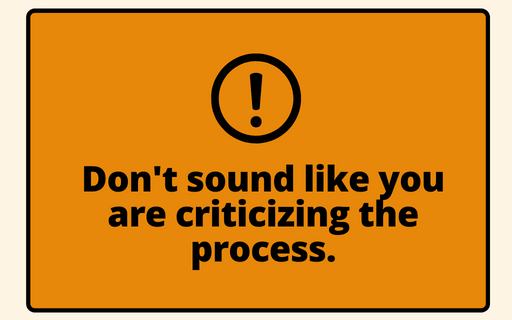
Don’t imply that your interviewer made a mistake and neglected to ask you a particular thing or in a specific way.
Instead, you can say something like this,
“I enjoyed our conversation during the process. Here is some information that comes up since the interview.”
#6 Seek Positive Distractions
Waiting for an interview response could be very stressful especially when it is your dream job. Instead of dwelling on it, you may seek out positive distractions.
You can
- Exercise,
- Cultivate hobbies,
- Read a novel that is just sitting there,
- Spend time with your family and friends, or
- Even talk with people in your professional network and learn about different job opportunities.
#7 Be Prepared
Use the time you are waiting for interview to figure out whether or not you actually want the job. If yes, then in the meantime you can do information gathering.
Learn more about the organization and your work responsibilities. It helps you to decide whether to go for the job or not. On the other hand, it will assist you to scale up when the position is offered to you.
It is also a good time to set your salary requirements. And, develop a plan to negotiate the minimum salary and any other important details.
Here, your goal is to be prepared when they say you are selected for the position. But be cautious to not get your hopes up.
#8 Keep Your Options Open
You should always be prepared for a no. There could be various arbitrary reasons to not select you.
- It could be that the company has changed direction,
- It might have lost the project for which it is hiring, or
- Experienced a loss, so may not want to hire new employees.
Conversely, you may think that it is the one for you, but there is a chance that you might find a perfect job elsewhere with an even better salary.
Just implement the 5-second rule. It is simple and urges you to act on your goal. All you have to do is when you have the instinct to act on a goal count backward, “5, 4, 3, 2, 1” and move, take action right away before your brain kills it.
This is usually for fulfilling your life goals and having a good career is also one of the most important goals. So, use this 5-second rule to keep exploring other job opportunities.
Actually, if you have other options then rejection will have less effect, otherwise, you might feel its impact fully.
Also, read – How to write a cold email for a job
Principles to Remember
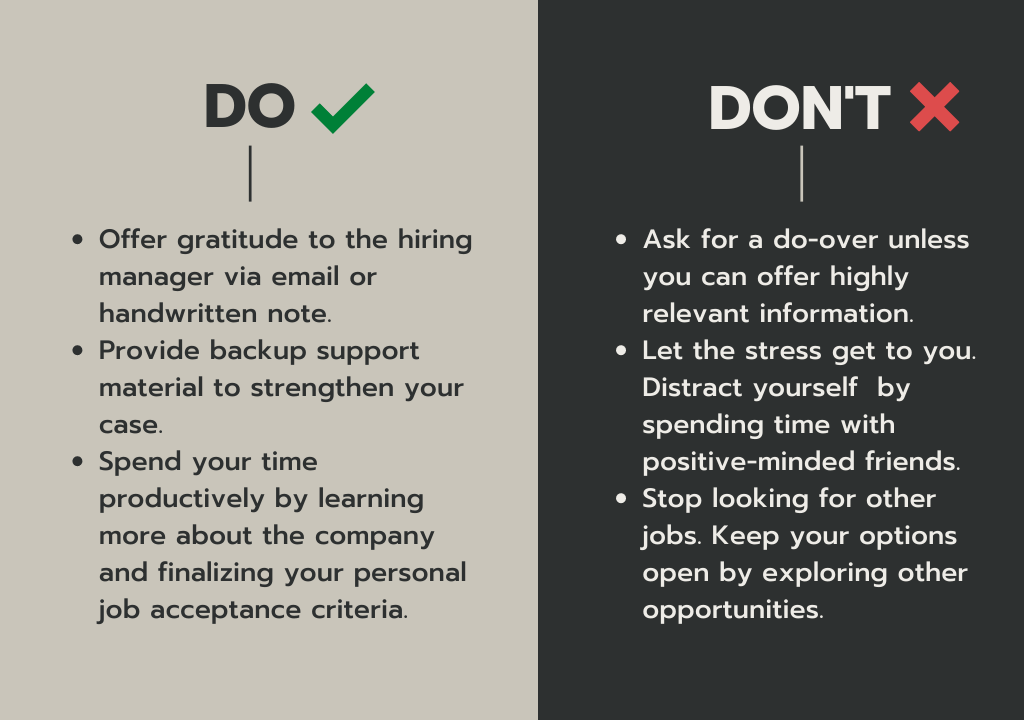
Also, read – 15 high-demand jobs in the next 10 years
To Finalize
I know, it’s tempting, but don’t bluff that you have another job on the table. If that is the case with you, then (congratulations!) you can inform the HR team.
Even though waiting for the interview is hard, follow the suggestions mentioned above to be more productive. Also, remember that if 1 week after interview no response is given, then you can send a follow-up email.
In case you want to explore your options across different industries or look for a part-time job while waiting for your dream job then HomeJobsHub can help you.
It matches your skills and requirements with all the available job postings and assists you to get a job.


